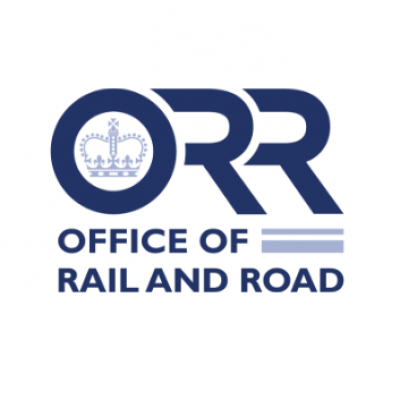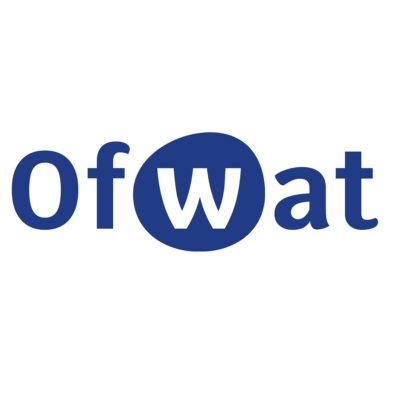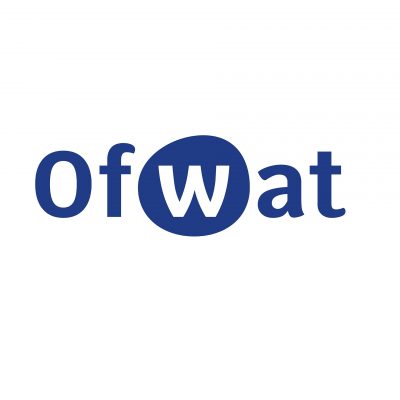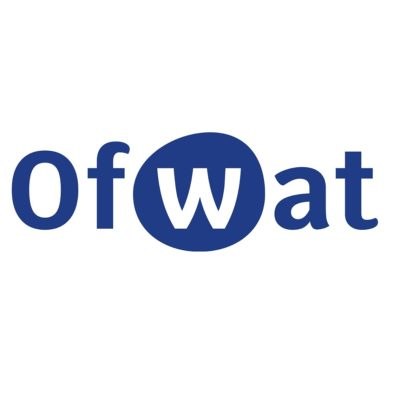We have two Economist positions within our Economics, Finance and Markets directorate, a permanent post and a post on a fixed-term appointment for two years.
These roles can be based at any of our office locations: London, Birmingham, Bristol, Manchester, York, Glasgow.
At ORR we have adopted hybrid working and are currently expected to work from a workplace location for a minimum of two days per week or 40%.
The Rail Economics team is part of the Economics, Finance and Markets directorate, and works closely with the Regulatory Finance team which carries out financial analysis of rail markets.
Regional office salary range: £40,217 - £44,503
London office salary range: £44,396 - £48,679
Team information
ORR’s Rail Economics team works on a wide range of economic and policy issues, concerned both with leading development of rail policy and providing specialist advice.
The Rail Economics team is part of the Economics, Finance and Markets directorate, and works closely with the Regulatory Finance team which carries out financial analysis of rail markets.
Job Purpose
Make the move to rail economics in a unique role which shapes how the railway works in the UK
Join our Rail Economics team and contribute to shaping the future of the UK's railway system. As an Economist, you will support the team in delivering high-quality economic analysis that influences decision-making and policy development in UK rail regulation. This role offers an exciting opportunity to develop your skills and gain experience in a dynamic and impactful environment.
It's an exciting time to join the team as you will have the opportunity to contribute to the design of the emerging regulatory framework for a reformed rail industry following the creation of Great British Railways, which will bring together ‘track and train’ into one body. You can read more about the government’s plans for the rail industry in its consultation document.
We also work with teams across ORR on the economic impact of potential changes to track, station or depot access for trains, including on the impact that operating new train services could have on existing markets. Your work will help to build a unique skill set which combines commercial expertise with public policy experience.
In joining ORR, you will benefit from flexible working patterns that support your personal commitments while developing a challenging career. We are committed to personal development, and you will be offered attractive training opportunities to help develop your economic and professional skills.
Key Responsibilities
You will be expected to work flexibly across ORR’s economic and financial analysis workstreams. Your key responsibilities, although not exhaustive, will include:
- Provide high-quality economic assessment and advice on the impact and implementation of policy proposals, for example, arising out of the government’s rail reform programme.
- Contribute to and lead aspects of economic benchmarking and financial analysis projects including analysis of whole-industry productivity. This may include projects run from the regulatory finance team.
- Conduct analysis of applications from train operators to run new services.
- Engage with external stakeholders to represent ORR in a credible and convincing manner.
- You may work on aspects of ORR’s work on charges and incentives for Network Rail/GBR as ORR’s role in this area transitions to the role specified in the government’s rail reform consultation.
- Contribute to the review of the charging and financial frameworks for infrastructure managers such as the high-speed link for international services (operated by London St Pancras High Speed), Eurotunnel, Crossrail and Core Valley Lines.
- You may be expected to line manage one Assistant Economist, taking on responsibility for their performance and development.
- As a member of the Rail Economics team, you will also contribute to ORR’s wider economics and analysis communities.
Essential Criteria
Please make clear in your personal statement whether you are interested in the permanent role, the two-year fixed term role, or either role, and whether you have a preference between them.
When assessing your application, these are the criteria that you are assessed against:
Behaviours
- Working together
- Communicating and influencing
- Making effective decisions
Technical
- Application of knowledge: a good understanding of economic principles, and a proven ability to apply them
- Analysis of data: be highly numerate and comfortable working with data and spreadsheets
Qualifications
- Degree in economics or a discipline with a substantial quantitative component, or equivalent experience
This job description provides an overview of key duties and responsibilities and is not exhaustive. You may be expected to undertake other duties and responsibilities within the scope of your role and as appropriate for your grade. Given developments in rail reform, it is expected that the responsibilities of the role will evolve, and a key principle is that the individual should be flexible to changing requirements.
How we will assess your application
At ORR, we use the Civil Service ‘Success Profiles’ framework for our recruitment. Please refer to the Candidate Information Pack accompanying this advert for details.
When completing your application form, please ensure you provide evidence of how you meet each of the essential criteria listed above for this post.
Please make clear in your personal statement whether you are interested in the permanent role, the two-year fixed term role, or either role, and whether you have a preference between them.
Shortlisting
We will assess you against all the essential criteria listed above.
If there are a large number of applications, we may conduct an initial pre-sift based on the lead criteria for this role which is the Technical: Application of knowledge - a good understanding of economic principles, and a proven ability to apply them
Successful candidates at the pre-sifting stage will then progress to a full sift.
Interview
We will assess you against all essential criteria at interview stage.
A presentation and/or an exercise may be included as part of our assessment for the essential criteria – any presentation would need to be prepared in advance.
The selection process may include a second interview.
The Civil Service is committed to attract, retain and invest in talent wherever it is found. To learn more please see the Civil Service People Plan and the Civil Service D&I Strategy.
Your will be informed by email within 14 days of the job advert closing whether or not you are being invited to attend an interview. Currently, and subject to confirmation, interviews are expected to take place w/c 11th August.


















